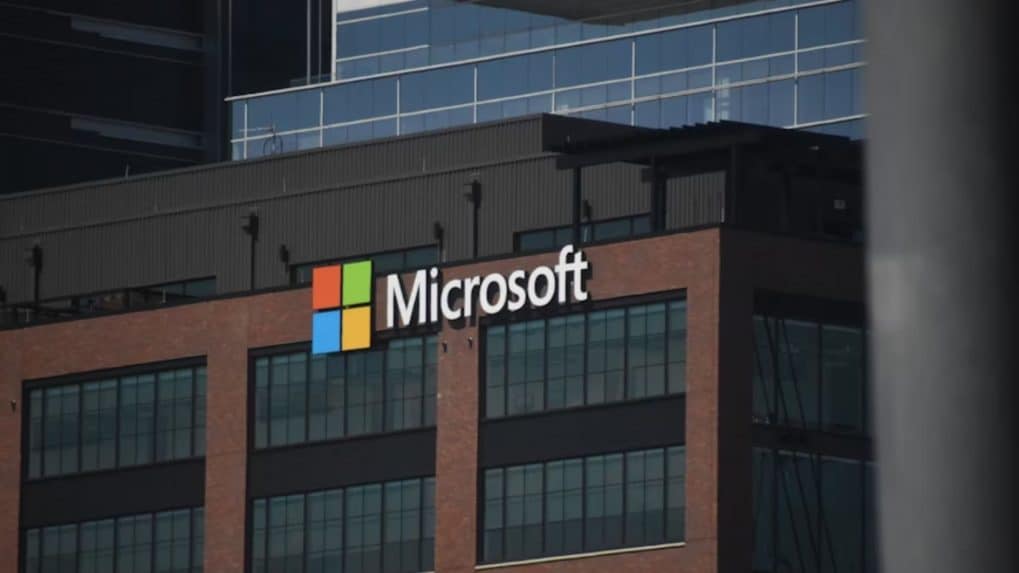Gaming
From Valsad to SC: Justice Pardiwala holds fate of $3 billion gaming industry, 2 lakh jobs

Top executives at Google and Microsoft have delivered a clear and united message to their employees: mastering artificial intelligence is now essential for career advancement. Both companies are increasingly weaving AI adoption into employee performance evaluations, signalling a new phase in Silicon Valley’s competitive landscape.
Microsoft moved first, with Julia Liuson, president of the division overseeing developer tools such as GitHub Copilot, sending a memo to managers in June. She declared that “using AI is no longer optional — it’s core to every role and every level.” Liuson instructed managers to factor AI usage into their “holistic reflections” on staff performance, placing it alongside workplace fundamentals such as collaboration and data-driven decision-making.
At Google, chief executive Sundar Pichai reinforced the same message a month later during an all-hands meeting. He urged employees to “be more AI-savvy” to ensure the company remains competitive, warning that rivals would leverage AI for significant productivity gains and Google needed to match that pace.
AI - a Formal Metric
The pressure on employees goes well beyond basic adoption. Google’s vice president of engineering, Megan Kacholia, has told software engineers to integrate AI tools into their coding processes, with job descriptions updated to require AI problem-solving skills. Google has also launched “AI Savvy Google”, an internal training programme complete with courses and toolkits, while engineering teams are expected to make use of its proprietary Cider AI coding tool. The company reports that more than 30 per cent of its code is now AI-generated, compared with 25 per cent the previous year.
At Microsoft, leaders are weighing the addition of formal AI usage metrics to next year’s performance reviews, reflecting frustration over what they perceive as slow internal adoption of Copilot services. Former GitHub chief executive Thomas Dohmke defended the stricter stance, comparing it to other non-negotiable tools. “There is no world where I would allow for somebody to say, ‘Well, sorry, I don’t want to use GitHub,’” he said, adding that employees unwilling to embrace AI could seek opportunities at one of “tens of thousands of other tech companies.”
Extending Beyond Engineering
Both firms are broadening the expectation beyond software developers. Teams in sales, legal and other corporate functions are also being directed to incorporate AI into their workflows.
Big-ticket buying decisions now demand more than just logic and product specs – they require trust, emotional connection, and brand stories that resonate.
Read MoreThe Online Gaming Bill 2025 imposes severe penalties, allows warrantless search and seizure, and empowers a central authority to regulate the digital gaming ecosystem. It is expected to disrupt platforms, payment systems, and advertising in the sector. Here's all you need to know about the bill.